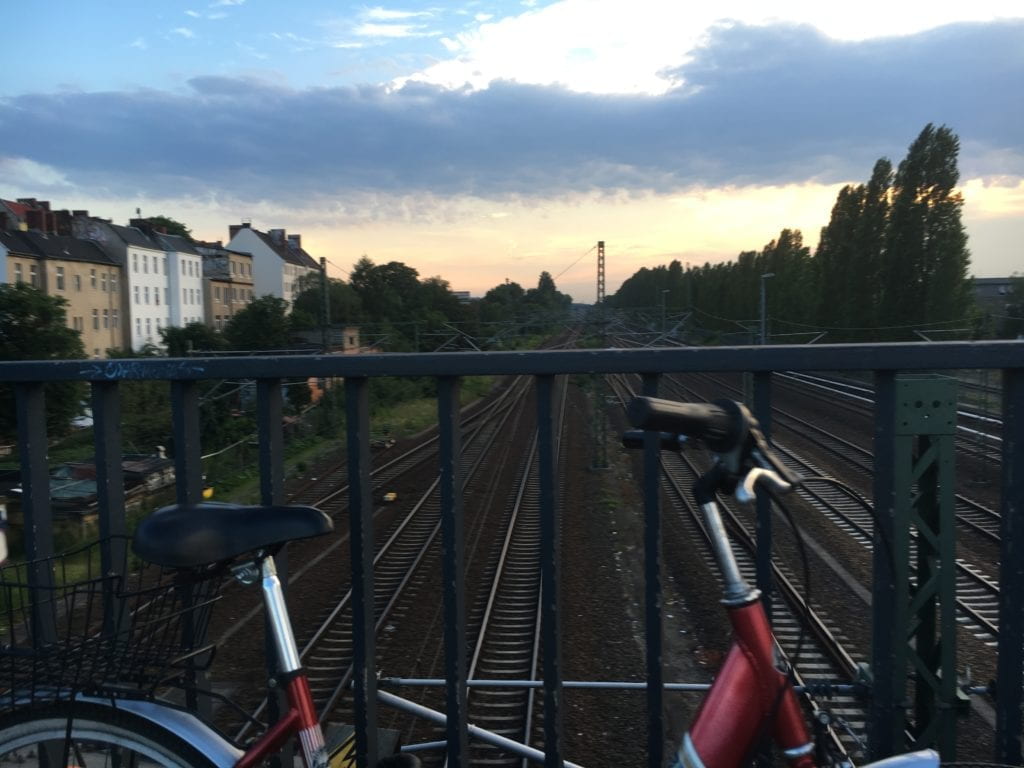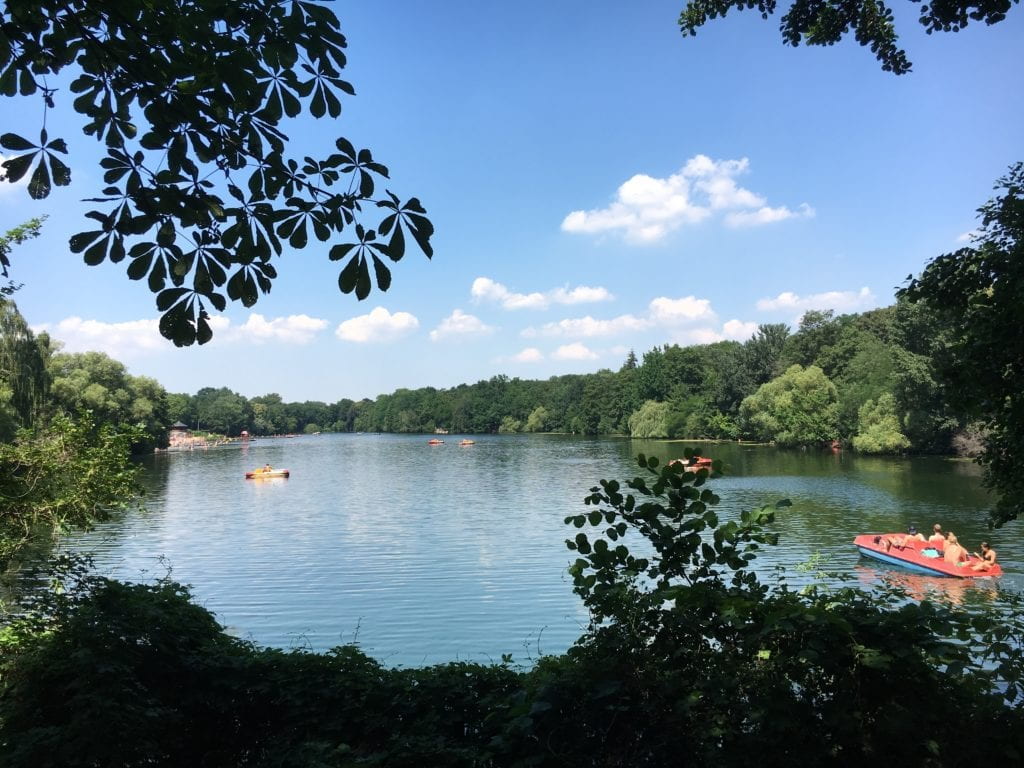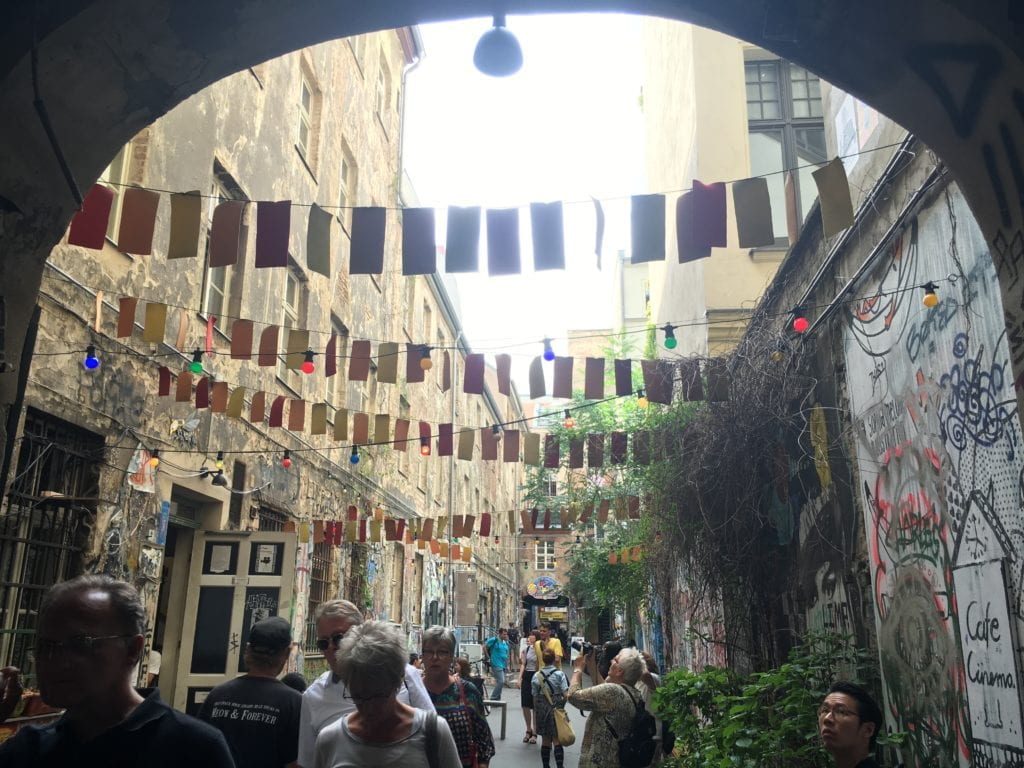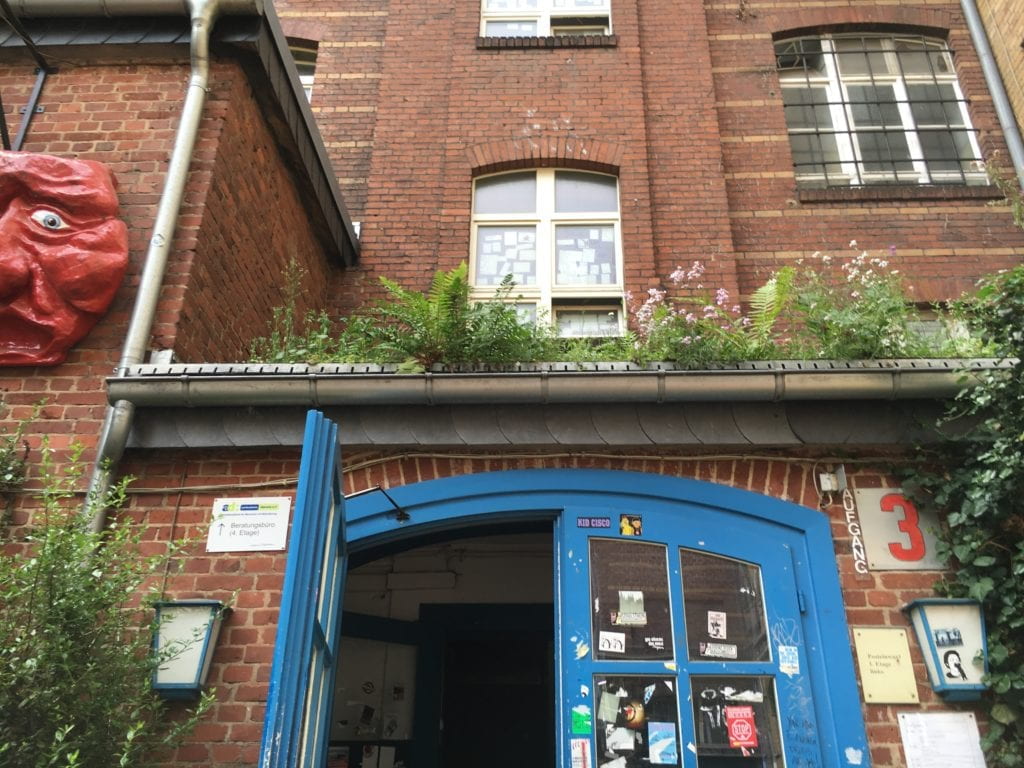Charissa Isidro
borderline-europe
Berlin, Germany
Two weeks in Berlin have flown by, and it has not taken any time to adapt. It’s almost as if I never left. I arrived here exhausted yet full of nostalgia and delight. Thankfully, things have been going my way.
Last week, my IRB application for research (with human subjects) was approved, my search for a translator ended, and my work with borderline-europe began.
My supervisor decided that due to my lack in German language skills, I should concentrate fully on my own research project and share my findings with him at the end of the term. This was quite a blessing in disguise, as research concerning refugees is a delicate task and all the more unpredictable when one is reliant upon translators or others who find this kind of research interesting or important.
Now that I am working full-time on this project, I’m much more flexible with the refugees and can delegate the time and energy needed to conduct the research properly. I told myself it would be no easy feat, but as they say, it’s all easier said than done. But I am lucky that I have found a translator who has been so helpful and cooperative.
Refugees are specifically vulnerable in ways that displaced citizens are not, and in cases of war, they have also been exposed to atrocities that pose added risks to their mental and physical health. I will be using a survey to explore the associations between trauma, resiliency and integration. We are aiming to collect at least 500 completed surveys that will be ready for analysis once I return to New York.
The research is set to start within the next couple days. We will be visiting our first location, a refugee camp in the Tempelhof neighborhood, which houses around 900 refugees. Our aim is to get 50 people to complete the survey.
Despite the critiques and limitations of integration, I believe it is the best way to allow refugees to reach their full potential. But the burden of integration should not be placed on refugees. I hope by the end of this, we will have more insight on the situations of Syrian refugees and the best ways to facilitate their integration into German society. I also hope this project will encourage and promote further research on the subject of refugees in an effort to create sensible and effective policy that is aligned with international refugee law and gives refugees the respect and dignity they deserve.
But there is still much to be done.
Until then, I will do my best to advocate on the behalf of refugees, to support their agency, and of course to enjoy my time in this beautiful city.
Bis dann!



